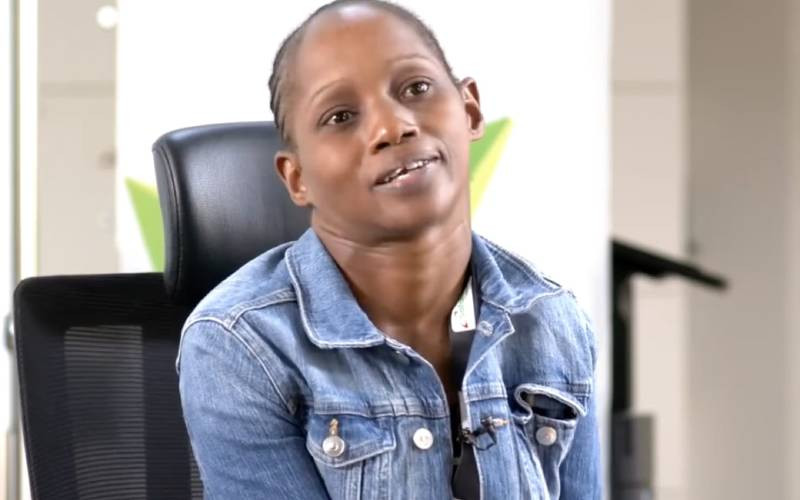×
The Standard e-Paper
Smart Minds Choose Us

Reproductive health care is essential to everyone, however, individuals living with disabilities are still facing challenges in their quest for the services.
Josephine Mwende, born with cerebral palsy condition, says that accessing reproductive health care has remained a major challenge in her life.